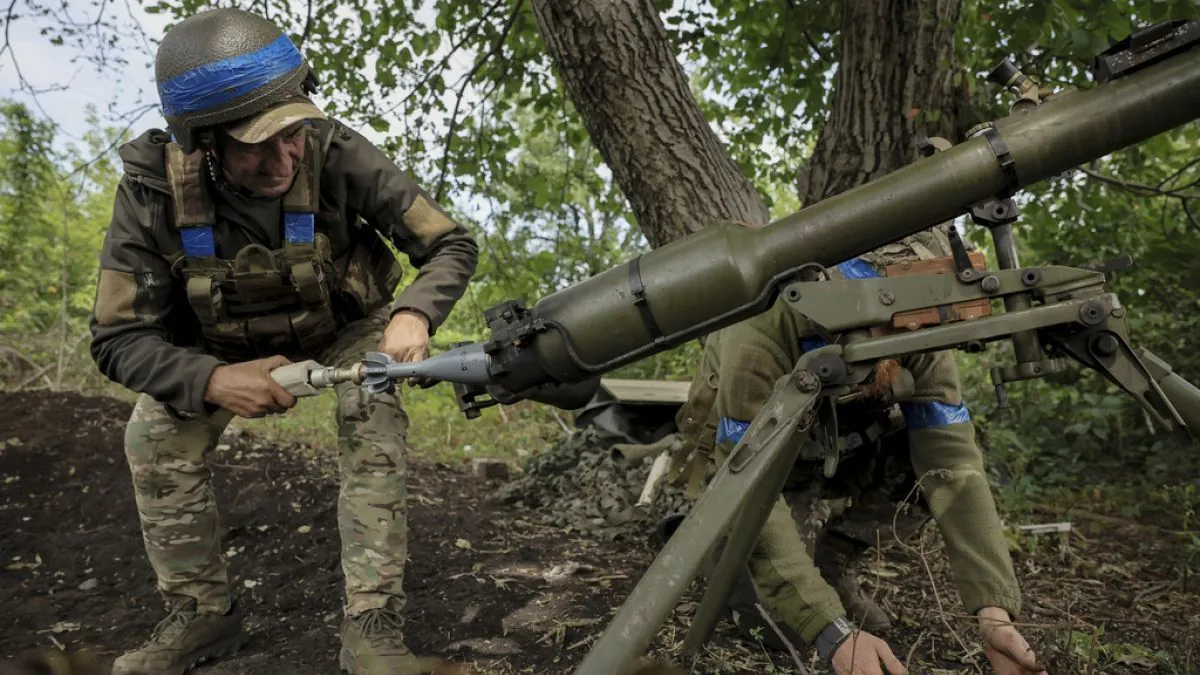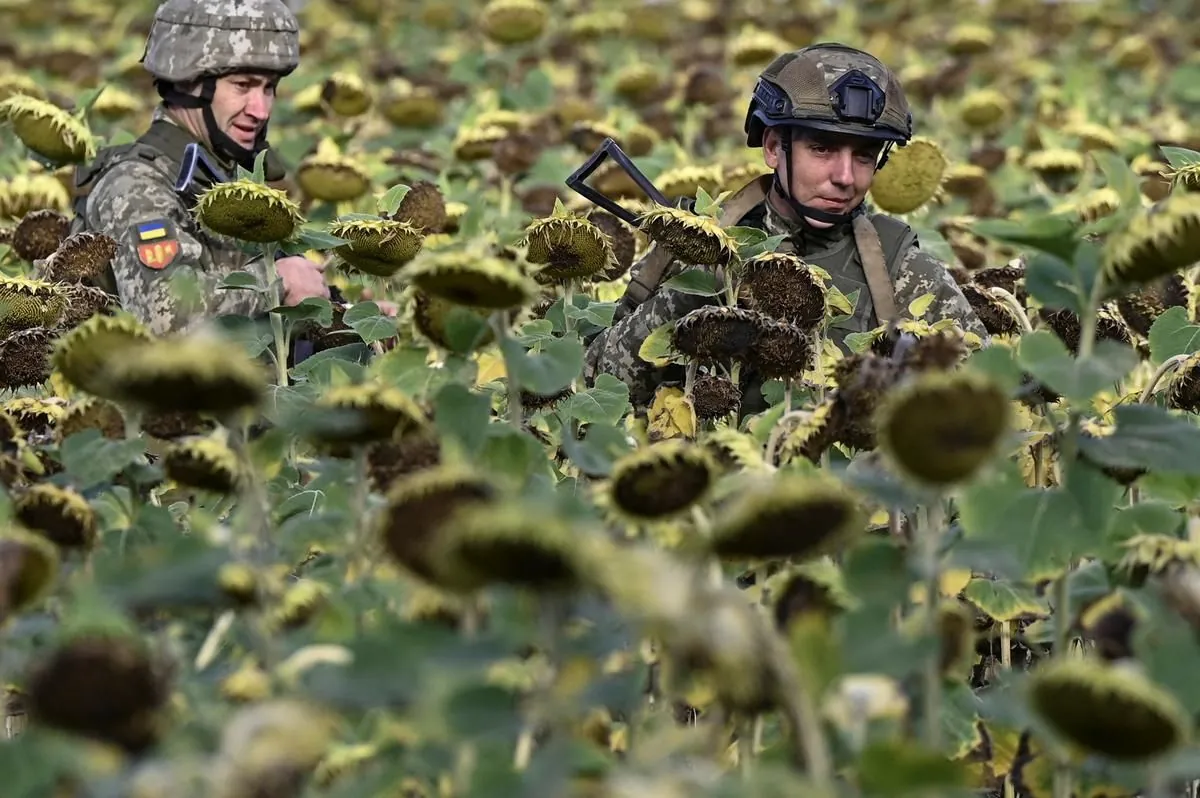Ukraine's Kursk Gambit: A Bold Move Amidst Eastern Struggles
Ukraine's incursion into Russia's Kursk region, led by Gen. Syrsky, aims to shift war dynamics. Meanwhile, Russian forces advance in eastern Ukraine, particularly near Pokrovsk, raising questions about the operation's effectiveness.

In a daring military maneuver, Ukrainian forces have launched an operation into Russia's Kursk region, marking a significant shift in the ongoing conflict. This bold move, orchestrated by Ukraine's military chief Gen. Oleksandr Syrsky, aims to alter the war's trajectory. However, the situation remains complex as Russian forces continue their advance in eastern Ukraine.
The incursion into Kursk, a city with historical significance dating back to the massive tank battle of 1943, has yielded some positive outcomes for Ukraine. Ukrainian troops have captured hundreds of Russian soldiers and seized control of approximately 500 square miles of Russian territory. This operation has provided a much-needed morale boost for Ukrainian forces, who have been largely on the defensive since late 2022.
"The incursion into Russia gave Ukraine tangible gains, including prisoners of war and a much-needed morale boost. But Russian President Putin is downplaying the incursion and keeping the focus on Ukraine's east."
However, the success in Kursk is overshadowed by the ongoing Russian offensive in eastern Ukraine, particularly around the key transit hub of Pokrovsk in the Donbas region. The contrast between the two fronts is stark, with Ukrainian soldiers in Kursk experiencing a sense of jubilation, while their comrades in the east face exhaustion from relentless Russian assaults.

The operation in Kursk was planned with utmost secrecy, learning from the failures of the 2023 southern counteroffensive. Many Ukrainian soldiers were unaware of the true nature of their deployment until shortly before the attack began. This level of confidentiality caught Russian forces off guard, leading to the capture of numerous disoriented Russian troops.
Gen. Syrsky, who replaced the popular Valery Zaluzhny as military commander-in-chief in February 2024, has a mixed reputation. While credited with the successful defense of Kyiv in 2022 and a counteroffensive in Kharkiv, he has also faced criticism for the fall of Bakhmut in May 2023. The Kursk operation could potentially redeem his image.
Despite the gains in Kursk, the situation in eastern Ukraine remains dire. The city of Pokrovsk is under increasing pressure from Russian forces, with civilians evacuating and Ukrainian troops struggling to hold their positions. The use of one-way attack drones and glide bombs has intensified the conflict, with Russian forces employing these weapons extensively.
As the operation in Kursk continues, questions arise about its long-term effectiveness and Ukraine's ability to maintain control over the seized territory. The asymmetry of the situation is clear: while Ukraine may not be able to keep Kursk, the territory lost in Donbas is likely to remain under Russian control.
The coming weeks will be crucial in determining the success of Gen. Syrsky's gambit and its impact on the overall course of the war. As Ukraine seeks to turn the tide, the international community watches closely, hoping for a resolution to this prolonged conflict that has reshaped Eastern European geopolitics since its inception in 2014.


































